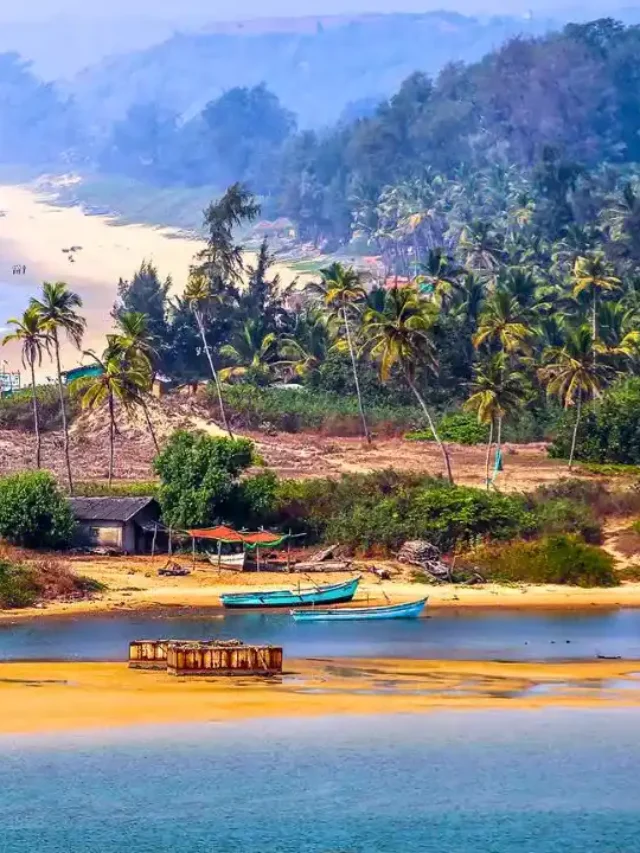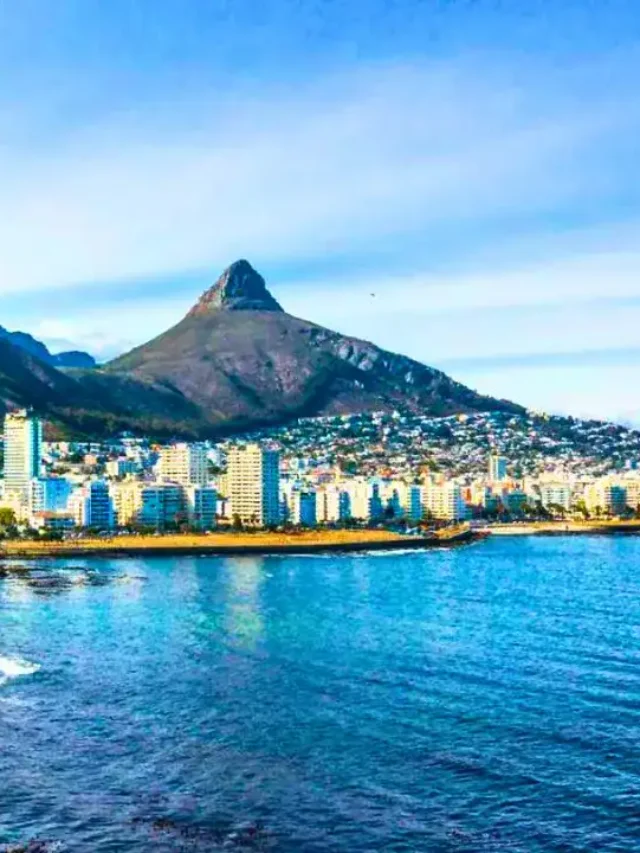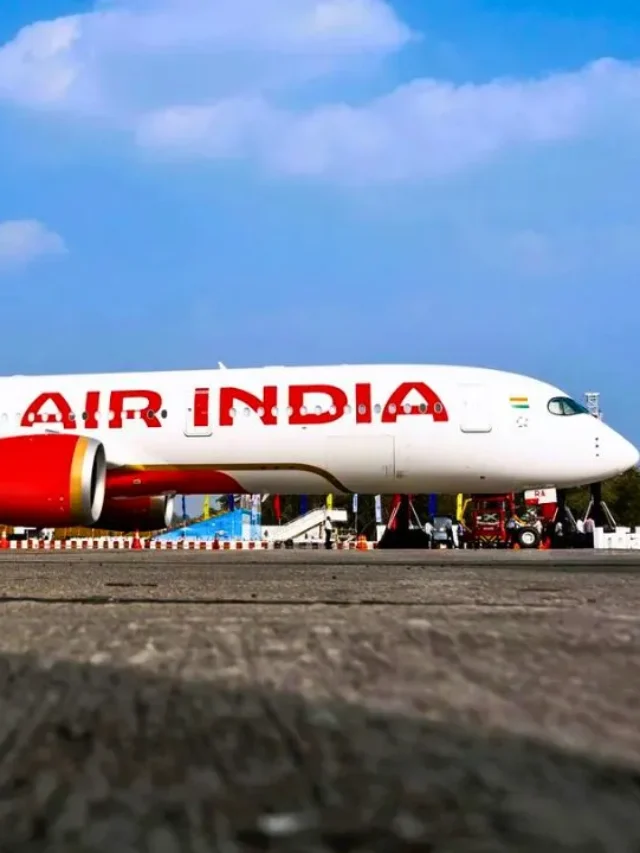With new visa regulations going into effect on July 15, 2024, Thailand is hoping to boost travel and tourism and revive its economy. A new Destination Thailand Visa (DTV) for digital nomads, an extension of the 60-day visa exemption, an expansion of Visa on Arrival (VOA), and prolonged student visas are some of these measures.
Thailand Expands Visa Programs: 10 Key Points To Know
- New Visa Regulations: Thailand’s new visa regulations take effect on July 15, 2024, aiming to boost travel and tourism and revive the economy.
- Destination Thailand Visa (DTV): The DTV targets digital nomads, remote workers, and participants in activities like Muay Thai lessons, Thai cuisine workshops, sports training, medical care, seminars, and music festivals. It allows multiple entries and up to 180 days of stay, extendable for another 180 days.
- Visa Exemption Expansion: Citizens of 93 countries and territories are now exempt from needing a visa to enter Thailand, up from 57 previously. Visitors can stay up to 60 days for short-term business and tourism, with a possible 30-day extension.
- Visa on Arrival (VOA) Expansion: Citizens from 31 nations and territories can now apply for a VOA at immigration checkpoints, up from 19 before. The VOA allows a 15-day stay for tourism purposes, with a 2,000 Baht visa fee.
- New Eligible Countries for VOA: New eligible countries for VOA include Armenia, Bolivia, Costa Rica, El Salvador, Ethiopia, Kyrgyzstan, Namibia, Paraguay, Serbia, Seychelles, Tunisia, Vanuatu, and Venezuela.
- DTV Family Coverage: The DTV covers the visa holder’s spouse and dependent children, making it a family-friendly option for those wishing to stay and work in Thailand.
- DTV Financial Requirements: Applicants for the DTV must demonstrate financial stability with a minimum of 500,000 Baht in their bank account and pay a 10,000 Baht visa fee.
- Student Visa Extension: International students can now stay in Thailand for an additional year after graduation to seek employment opportunities. If hired locally, they can switch to a Non-Immigration B visa without leaving the country.
- Economic Boost: The new visa regulations are expected to significantly strengthen Thailand’s economy by attracting more visitors, remote workers, and students.
- Long-Term Development: These visa measures are designed to promote long-term growth in Thailand’s travel and tourism industry, enhancing its appeal as a destination for various groups.
Citizens of 93 nations and territories will now be excluded from needing a visa to enter Thailand, up from 57 before. Under this program, visitors are allowed to remain for up to 60 days for short-term business meetings and tourism, with the opportunity to extend for a further 30 days at the Immigration Office.
Upon arrival, citizens of 31 nations and territories—up from 19 before—may now apply for VOA at immigration checkpoints. With a 2,000 Baht visa cost, visitors under this program are allowed to remain for up to 15 days for tourism-related reasons. Armenia, Bolivia, Costa Rica, El Salvador, Ethiopia, Kyrgyzstan, Namibia, Paraguay, Serbia, Seychelles, Tunisia, Vanuatu, and Venezuela are among the nations that have recently become eligible.
Also Read: Seamless Transactions: UPI Payments Open Up for Indians in Qatar
In an effort to draw in digital nomads, remote workers, and participants in a range of activities including Muay Thai lessons, Thai cuisine workshops, sports training, medical care, seminars, and music festivals, Thailand is launching the Destination Thailand Visa (DTV). DTV holders are eligible for repeated entries and a total stay of up to 180 days, which may be extended for an additional 180 days, together with their wives and dependant children. In addition to paying a 10,000 Baht visa fee, applicants must provide evidence of money or a guarantee of at least 500,000 Baht for the length of their stay.
Thailand has allowed international students pursuing higher education to remain for an extra year after graduation. Students may look for work during this period, and if recruited locally, they may change to a Non-Immigration B visa without having to leave Thailand.
By drawing more visitors, remote workers, and students, these new visa restrictions are anticipated to greatly strengthen Thailand’s economy and promote long-term development in the travel and tourism industry.
Check Latest Stories:
Join us for updates, conversations, and exclusive Updates!







